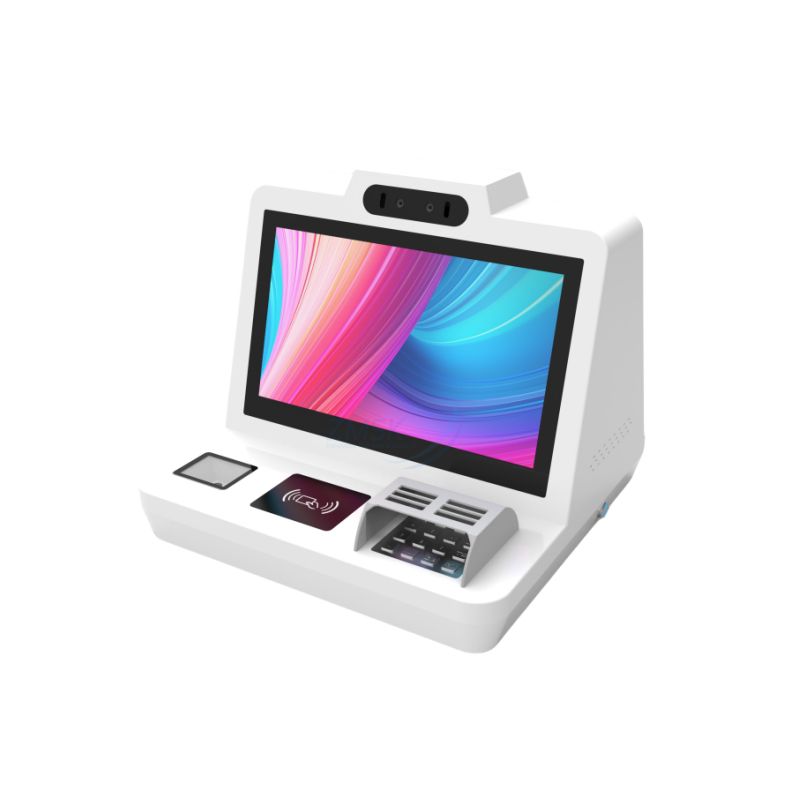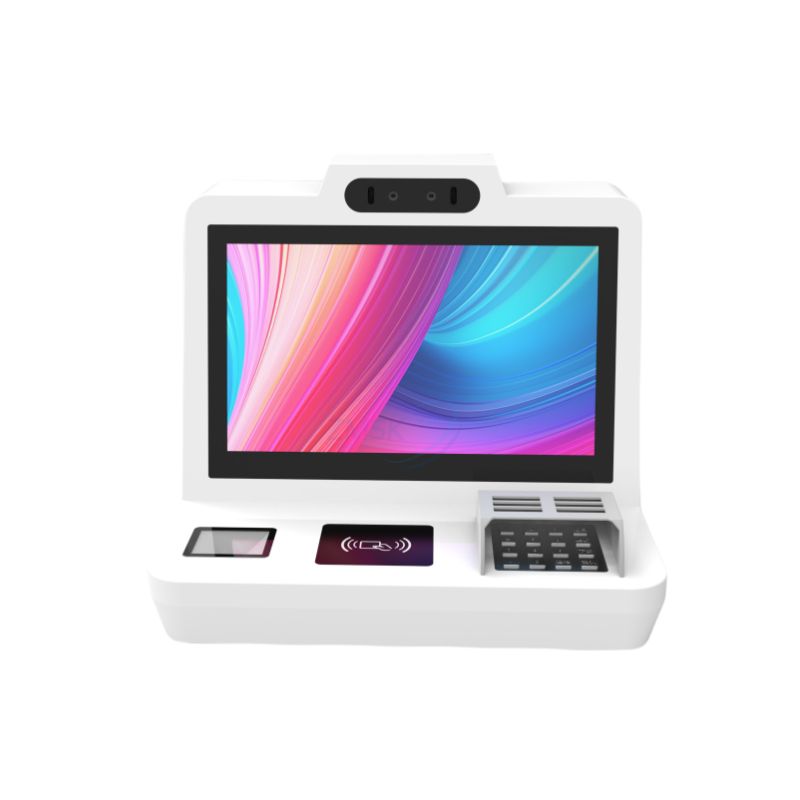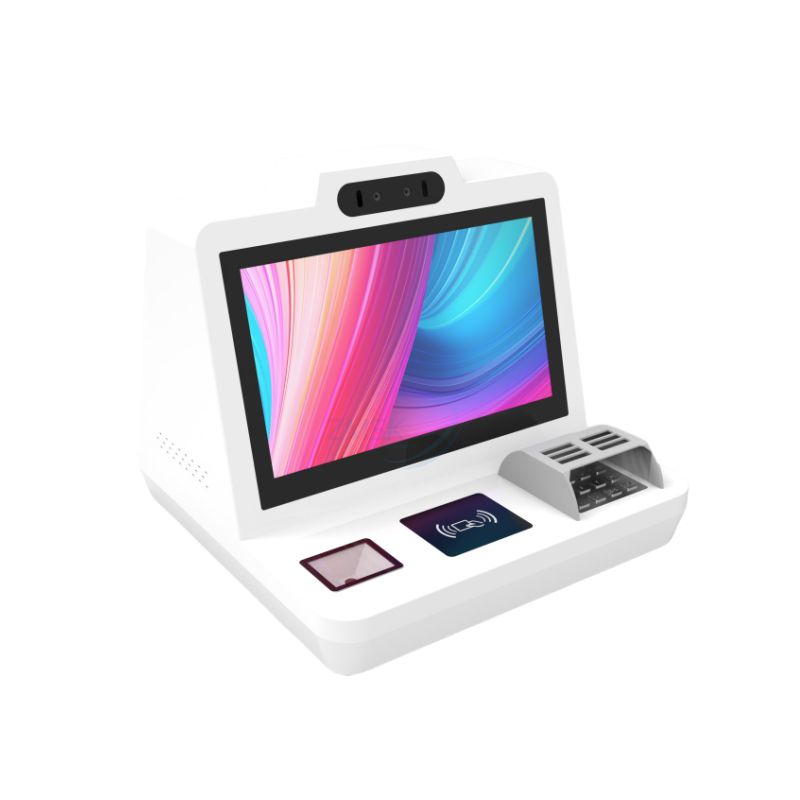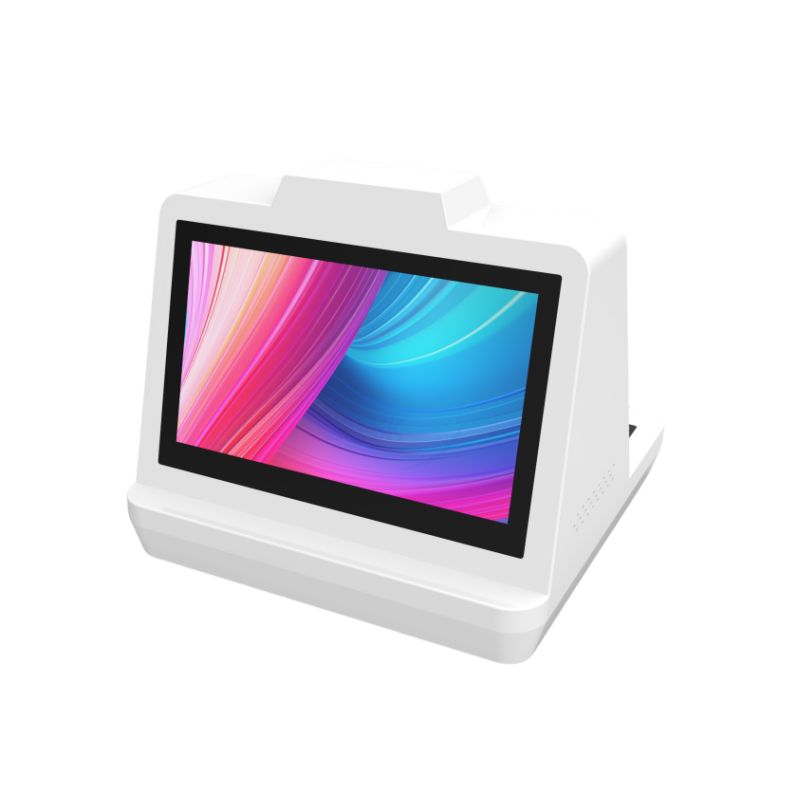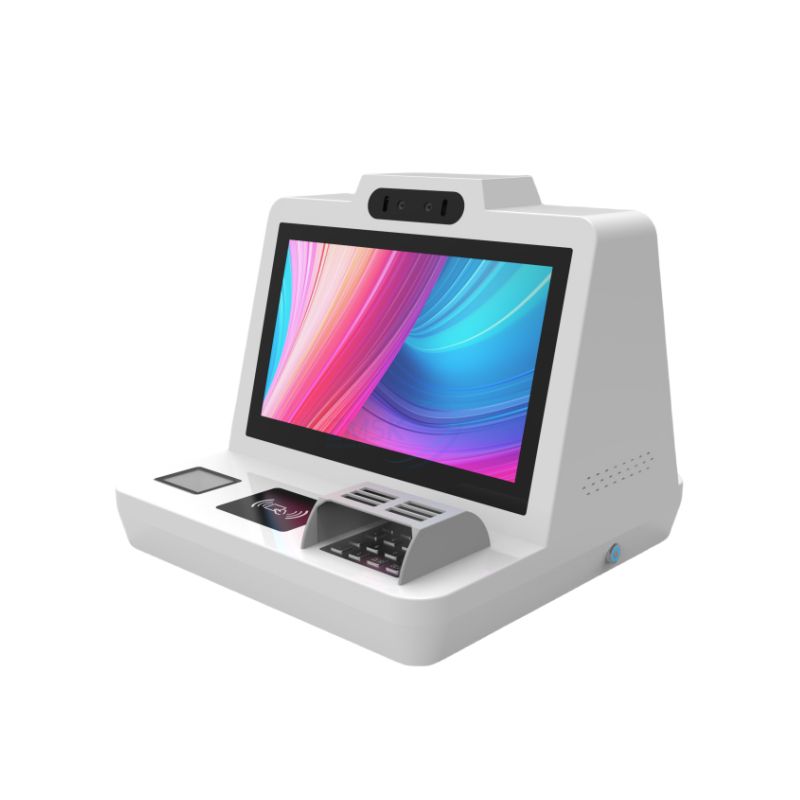POS Systems & Self Service Kiosks
In today's fast-paced business environment, having efficient and reliable point-of-sale (POS) systems and self-service kiosks is crucial for success. These tools not only streamline operations but also enhance the customer experience.
POS Systems
A POS system is a combination of hardware and software that manages sales transactions and inventory. It typically includes a cash register, barcode scanner, receipt printer, and software that tracks sales, manages inventory, and generates reports.
Benefits of POS Systems:
- Improved Efficiency: POS systems automate many tasks, such as calculating totals, printing receipts, and updating inventory. This reduces the time spent on manual processes and allows employees to focus on providing excellent customer service.
- Accurate Inventory Management: POS systems keep track of inventory levels in real-time, enabling businesses to restock items before they run out. This helps prevent stockouts and overstocking, which can lead to lost sales and increased costs.
- Enhanced Customer Experience: With features like loyalty programs, gift cards, and mobile payments, POS systems offer a seamless and convenient shopping experience for customers. They also provide detailed receipts and transaction history, making it easy for customers to track their purchases.
- Data Analytics: POS systems generate valuable data on sales trends, customer behavior, and inventory turnover. This information can be used to make informed business decisions, such as adjusting pricing, optimizing product offerings, and targeting marketing campaigns.
Self Service Kiosks
Self-service kiosks are interactive terminals that allow customers to perform tasks independently, without the need for staff assistance. They can be used for a variety of purposes, such as ordering food, checking in at a hotel, or purchasing tickets.
Benefits of Self Service Kiosks:
- Increased Efficiency: Self-service kiosks can handle multiple transactions simultaneously, reducing wait times and improving customer flow. They also free up staff to focus on more complex tasks, such as providing personalized service or handling customer inquiries.
- 24/7 Availability: Self-service kiosks are available around the clock, allowing customers to complete transactions at any time. This is especially useful for businesses that operate outside of normal business hours or have high demand during peak periods.
- Enhanced Customer Experience: Self-service kiosks offer a convenient and intuitive way for customers to interact with a business. They can be customized to display relevant information, such as product descriptions, prices, and promotions. Additionally, self-service kiosks can provide a more personalized experience by allowing customers to customize their orders or preferences.
- Cost Savings: By reducing the need for staff to handle routine transactions, self-service kiosks can help businesses save on labor costs. They also require less space than traditional counters or service desks, making them a cost-effective solution for businesses with limited floor space.
Integration of POS Systems and Self Service Kiosks
Integrating POS systems and self-service kiosks can provide even greater benefits to businesses. For example, when a customer places an order at a self-service kiosk, the order can be transmitted directly to the POS system, ensuring accurate inventory management and streamlined order fulfillment. Additionally, POS systems can be used to manage loyalty programs and promotions that are offered through self-service kiosks, enhancing the customer experience and driving repeat business.
In conclusion, POS systems and self-service kiosks are powerful tools that can help businesses improve efficiency, enhance the customer experience, and drive growth. By investing in these technologies, businesses can stay ahead of the competition and meet the evolving needs of their customers.
